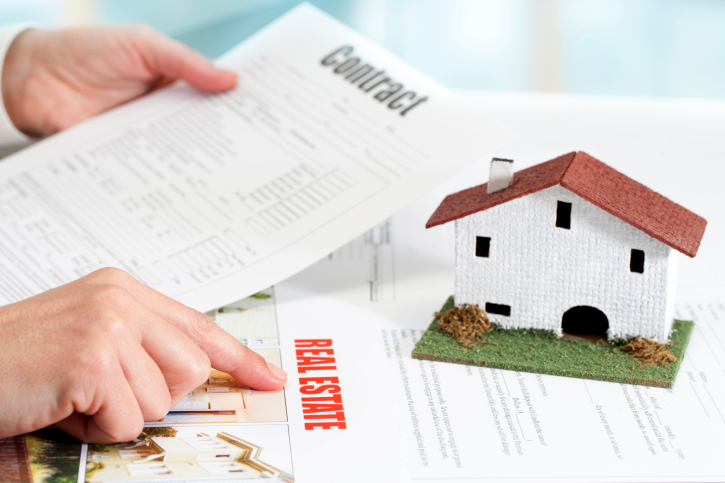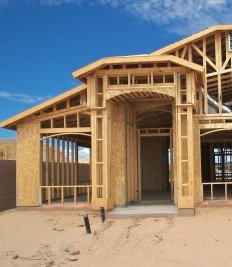How to Run a Quick Financial Health Check Before You Apply for a Mortgage
 Are you planning on using a mortgage to help cover the cost of a new home? If so, you will want to prepare your finances and figure out how you will manage all those wallet-draining monthly expenses. Let’s take a look at how to run a quick financial health check to ensure you are ready to apply for a mortgage.
Are you planning on using a mortgage to help cover the cost of a new home? If so, you will want to prepare your finances and figure out how you will manage all those wallet-draining monthly expenses. Let’s take a look at how to run a quick financial health check to ensure you are ready to apply for a mortgage.
Update (Or Start) Your Monthly Budget
First, it is essential to get the basics out of the way. If you haven’t already, it’s time to start a monthly budget to keep track of your income and expenses. Once you have a mortgage, it will be important to prioritize your monthly payments so that you don’t end up falling behind.
Starting a budget is easy and can be done with mobile apps, software, a spreadsheet or a pen and paper. List all sources of income so that you know exactly how much cash you are working with. Then, list out every one of your expenses. It can be tough to remember them all, so consider using debit and credit card statements from the past few months as a reminder.
Get A Copy Of Your Credit Report
Next, you will want to get a copy of your credit report so you can see what potential mortgage lenders will see when assessing your financial history. This is a free service that you can request once per year, so be sure to take advantage. Note that you will want to use government-approved websites for requesting your credit report. Be wary of scams.
Do You Have A Down Payment?
A down payment is not required for every home purchase, but having one saved up can make the buying process easier. The amount you will want to have saved up will depend on the cost of your home, whether you plan on carrying private mortgage insurance and a variety of other factors. If possible, try to save up an amount close to (or more than) twenty percent of the home’s purchase price.
Ready? Chat With A Professional
Now that you have run a quick financial health check, it is time to meet with a mortgage professional to discuss your options.

 Today, the housing market is more competitive than it has ever been in the past. You may have your eyes on your dream home, but how can you make it stand out from the crowd? There are a few tips that you should keep in mind. What are a few things you should do, and what are a few things you should avoid?
Today, the housing market is more competitive than it has ever been in the past. You may have your eyes on your dream home, but how can you make it stand out from the crowd? There are a few tips that you should keep in mind. What are a few things you should do, and what are a few things you should avoid? The National Association of Home Builders’ Housing Market Index for November showed builders’ growing concerns over U.S. housing market conditions. November’s index reading dropped five points to 33 as compared to October’s reading of 38 and the November 2021 reading of 83. November’s home builder index reading was the lowest reading since June 2012 except during the pandemic. Readings over 50 indicate that most home builders were positive about housing market conditions.
The National Association of Home Builders’ Housing Market Index for November showed builders’ growing concerns over U.S. housing market conditions. November’s index reading dropped five points to 33 as compared to October’s reading of 38 and the November 2021 reading of 83. November’s home builder index reading was the lowest reading since June 2012 except during the pandemic. Readings over 50 indicate that most home builders were positive about housing market conditions.